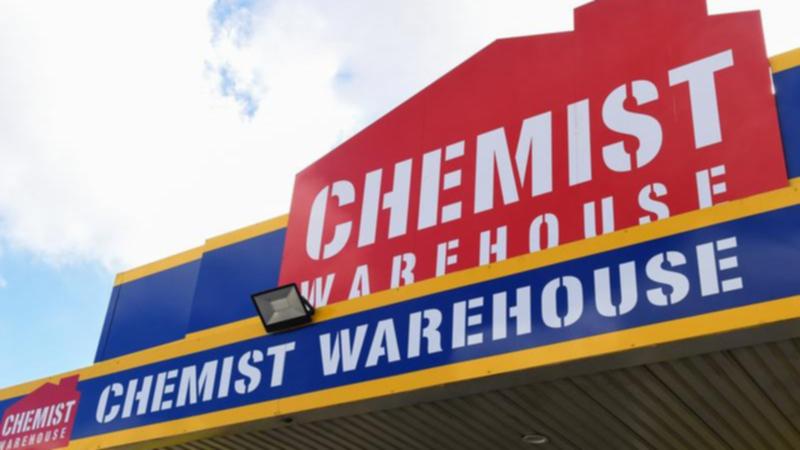Chemist Warehouse announces QR code payments in major checkout change in ongoing war against surcharges
One of Australia’s biggest brands has introduced a new payment method to help customers avoid the pesky fees at the checkout.

As the war against transaction surcharges rages on, one of Australia’s biggest brands has introduced a new payment method to help customers avoid the pesky fees at the checkout.
Chemist Warehouse will introduce QR code payments at the checkout so customers can make direct payments from their bank accounts — meaning they can bypass any fees associated with using an EFTPOS machine.
Known as Pay by Bank, customers will need to scan the QR code at the payment terminal using their phone and authorise the payment. The funds will be transferred instantly without the need to set up an account or use a third-party app.
Sign up to The Nightly's newsletters.
Get the first look at the digital newspaper, curated daily stories and breaking headlines delivered to your inbox.
By continuing you agree to our Terms and Privacy Policy.The new payment method will not save customers any money, but it will save Chemist Warehouse millions.
The pharmacy reportedly forks out $15 million in payment fees each year, but does not pass those charges on to customers — even though chairman Jack Gance told the Australian Financial Review those costs “represent a big part of our potential profit”.
“So, from our point of view, it is important we have a competitive, low-cost payment system. That means we can provide a better service, and a better price to the consumer,” he said.
The QR codes are set to be rolled out in-store and online from early 2025. Customers will still be able to pay with cash, cards, and their devices.
The change comes as the Federal Government toys with a possible ban on surcharges imposed by merchants and retailers on debit and credit card payments from as early as January 2026.
Treasurer Jim Chalmers said the government was “prepared to ban debit card surcharges ... to ensure small businesses and consumers can both benefit from lower costs”.
“Consumers shouldn’t be punished for using cards or digital payments, and at the same time, small businesses shouldn’t have to pay hefty fees just to get paid themselves,” Dr Chalmers said.
Surcharges are already banned in Britain and the European Union, but Australian customers can be slugged with fees from 0.2 per cent to more than 2 per cent of a transaction value if they pay using a debit or credit card.
The fee is imposed on customers for businesses to cover transaction processing fees lumped on them by banks, payment platforms and card companies such as Visa and Mastercard.
Chemist Warehouse is not the first company to introduce QR codes at the checkout, it joins Harris Farm Markets, Baby Bunting, Vodafone, Muji, L’Occitane and MJ Bale in offering the payment option.
QR codes are also widely used for payments in Asia — including India, China and Thailand.
The RBA regulates the payment system and has been looking into merchant costs and surcharging. Bank governor Michele Bullock told a parliamentary inquiry in August that “everything is just getting surcharged” because fewer Australians were using cash.
Bennelong MP Jerome Laxale has spearheaded a campaign for the central bank to nix transaction surcharges, which he says cost Australian shoppers an eyewatering $4 billion each year.
Mr Laxale has launched a Fee-Free Digital Payments petition to amend the 20-year-old rules that allow customers to cop extra costs at the checkout.
“The system that’s in place for 20 years doesn’t make sense in 2024,” he previously told The Nightly.
Mr Laxale said despite debit being “the new cash” and the technology existing for fee-free payment options, banks and software providers aren’t sharing those solutions at the checkout.
“My advice to the RBA was that they’ve got the public on their side on this,” he said.
“They need to be bold and do what others around the world are doing and ensure that, at the checkout, there’s fairness for small businesses and customers.”
